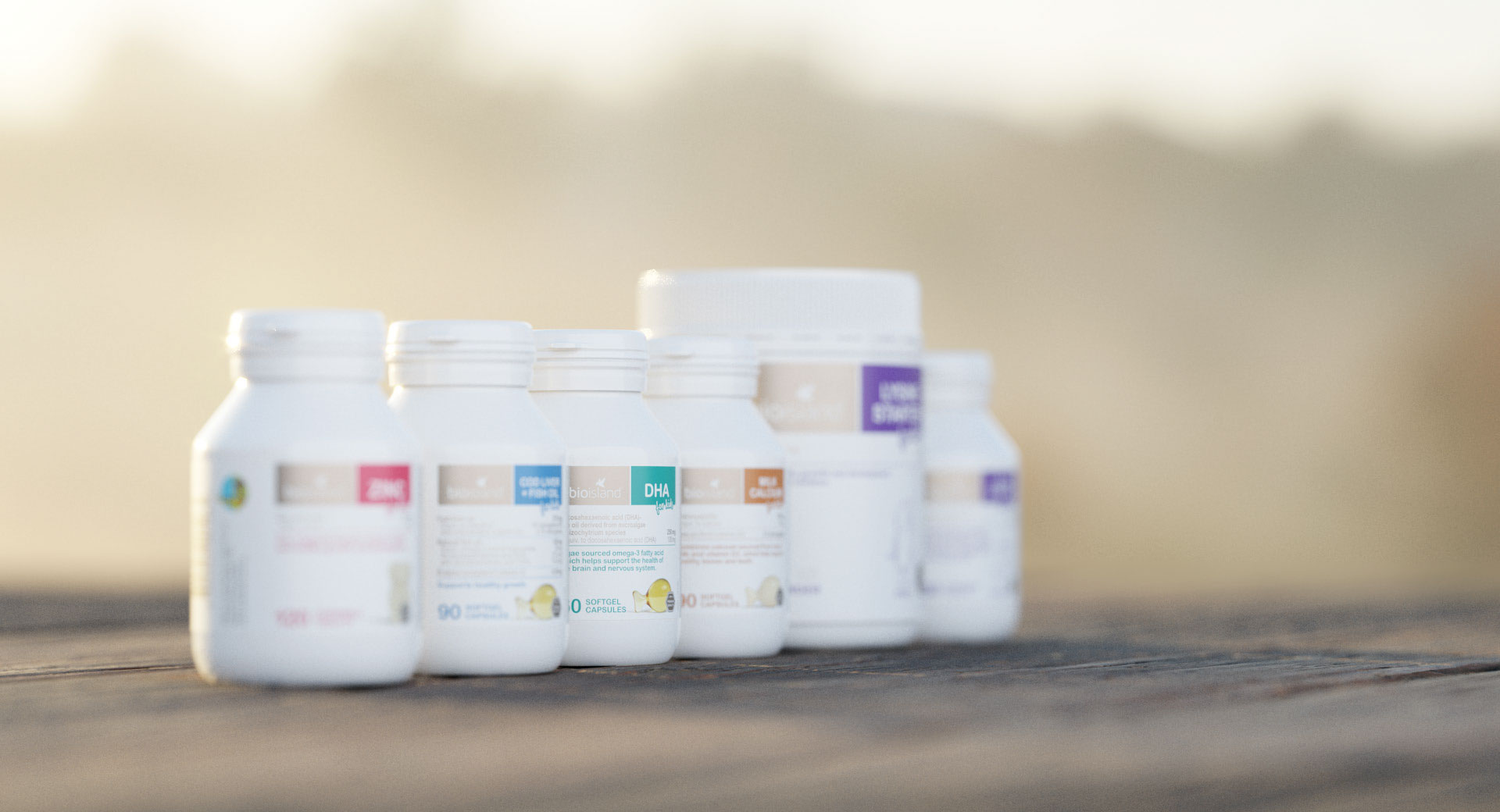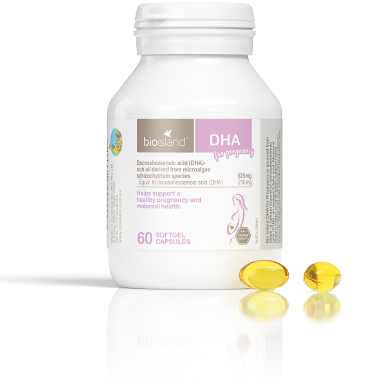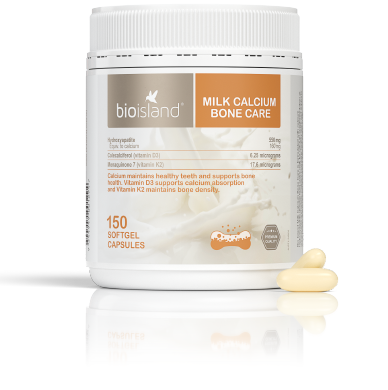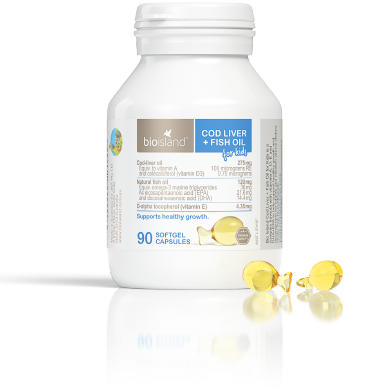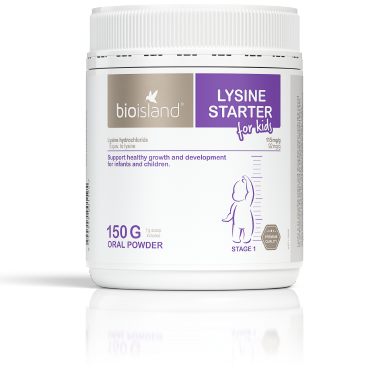
What nutrients are passed onto your baby with breastmilk? The vitamins and nutrients of breastfeeding
One of the most important things a mother can do throughout her pregnancy and after giving birth is to consume a healthy diet.
By Bio Island Nutrition Team
One of the most important things a mother can do throughout her pregnancy and after giving birth is to consume a healthy diet. This is because a well-balanced diet provides all of the vitamins, minerals, and nutrients required to help nourish mother and baby during a time of significant growth and development. Below is a list of the vitamins that are passed on to your baby through breastmilk as well as their uses.
Vitamin A: Vitamin A is necessary for healthy vision. Your baby receives vitamin A from your breast milk throughout the time that they feed, but they receive twice as much vitamin A in the colostrum, which is breast milk that your body produces during the first few days of nursing.
Vitamins B1, B2, B3, B5: B vitamins are necessary for the proper development of our hair, skin, eyes, and nervous system. B vitamins also help our bodies to convert the food that we eat into useable energy. Mothers who consume a balanced diet with plenty of fruits and vegetables should have adequate amounts of B vitamins in their breast milk.
Vitamin B6 and B12: Vitamin B6 is necessary for healthy brain development and therefore important for the baby to receive through a mother’s breast milk. Vitamin B12 is required for cell growth and the early growth and development of the nervous system. Both B6 and B12 are found in animal foods such as eggs, milk, and beef. Some plant foods contain B6 but if you are on a vegan or vegetarian diet you should consider B12 supplementation.
Vitamin C: Vitamin C functions in the body as an antioxidant, helping to support the immune system and aid in the absorption of iron. Breast milk contains an abundant amount of vitamin C for your baby. The best sources of vitamin C are fresh fruits and vegetables.
Vitamin D: Vitamin D is essential to help your baby build strong healthy bones and teeth. Levels of vitamin D vary from woman to woman as the main source of vitamin D is through sun exposure. If you are concerned about your vitamin D levels it is best to speak with your doctor and request a blood test. If your levels are low, they may recommend supplementation.
Vitamin E: Vitamin E functions as an antioxidant in the body and helps to protect the cell membranes in the eyes and lungs in a developing baby. Vitamin E is widespread in foods and the best sources are sunflower seeds, almonds, avocados, peppers and mangoes.
Folate: Folate (or ‘folic acid’ when added to food or supplements) is probably one of the most important vitamins when a woman is on her journey to motherhood. This is because folate helps to prevent neural tube defects such as spina bifida. Folate can be found in foods such as dark green leafy vegetables, fruit, nuts, and dairy products however, it is recommended that women also supplement with 400-600mcg of folic acid per day.
Vitamin K: Vitamin K is given to all infants after they are born as it is involved in the production of blood clotting factors that help to stop bleeding. After babies receive their vitamin K injection there is usually no concern about receiving adequate amounts from the mother’s breastmilk.
Do you need prenatal supplements?
In Australia, the general guidance is that women should begin taking a pre-natal 3 months before trying to conceive, throughout pregnancy and while breastfeeding. Women who are vegan or vegetarian should discuss supplementation with their doctor or nutritionist as they may need extra supplementation in the form of iron or vitamin D.
What about infants who are not breastfed?
There are many reasons that a mother may not be able to breastfeed her child and it is far more important that a baby is being fed regularly than the method by which this happens. There is an abundance of baby formulas on the market for babies who are unable to be breastfeed, all specially formulated with the necessary amount of vitamins and minerals to ensure proper growth and development.
This information does not take into account your personal situation and is general in nature. You should consider whether the information is appropriate for your needs and seek professional medical advice.
Always consult your healthcare professional before taking any supplements or if any concerns arise.
